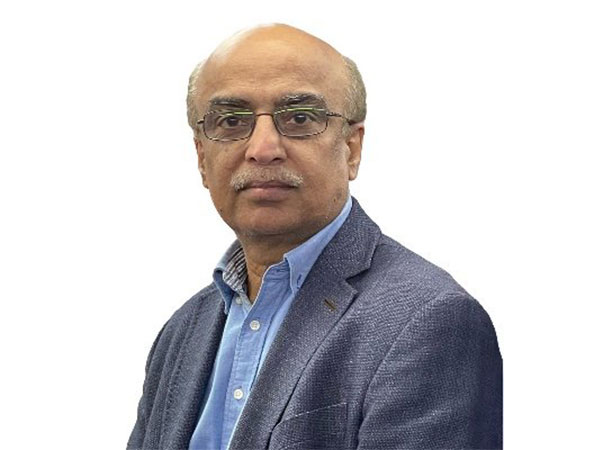PoK: Women health workers protest seeking regularisation, timely payment of salaries
Oct 16, 2023

Muzaffarabad [PoK], October 16 : A group of protesters, mostly women, in the Muzaffarabad city of Pakistan-occupied Kashmir (PoK) are demanding their rights as they accused the government of leaving them in the dark.
Working as health workers under the Maternal Neonatal and Child Health (MNCH) Programme these women are surviving on merely a monthly remuneration of 8,000 Pakistani Rupees.
On several occasions, they are not receiving their salaries on time.
The protesting healthcare workers raised slogans against the government and demanded justice from the so-called Prime Minister of PoK and other senior officials.
A protester said, "I want to demand the Prime Minister, Chief Secretary and Chief Justice of Pakistan-occupied Kashmir (PoK) to fulfil all demands of our sisters and give them justice. If not, the PoK will face a tsunami similar to 2005. We will stop the supply of electricity and other essential resources to Pakistan".
As many as 1,218 employees were inducted into the MNCH programme in 2007 against the positions of managers, doctors, lady health visitors, community midwives, clerks and drivers.
Facing insecurity for the past several years, they are now demanding the government to fulfil its commitment to regularise their services and bring them on a normal budget.
A female protester said, "They have totally banned us. We are not able to attend to our duties. This is injustice. The government must awaken and we request them to issue a notification to regularize us. Those who are still on contract need to be given permanent letter".
Pakistan has failed to generate jobs for a larger number of unemployed men and women in occupied territories of PoK and Gilgit Baltistan.
Those who were given temporary employment are now facing job insecurity.
A wave of anti-Pakistan sentiments is fast emerging in Pakistan-occupied Kashmir and Gilgit Baltistan as people are fed up with indiscrimination and disregard by Islamabad.


















